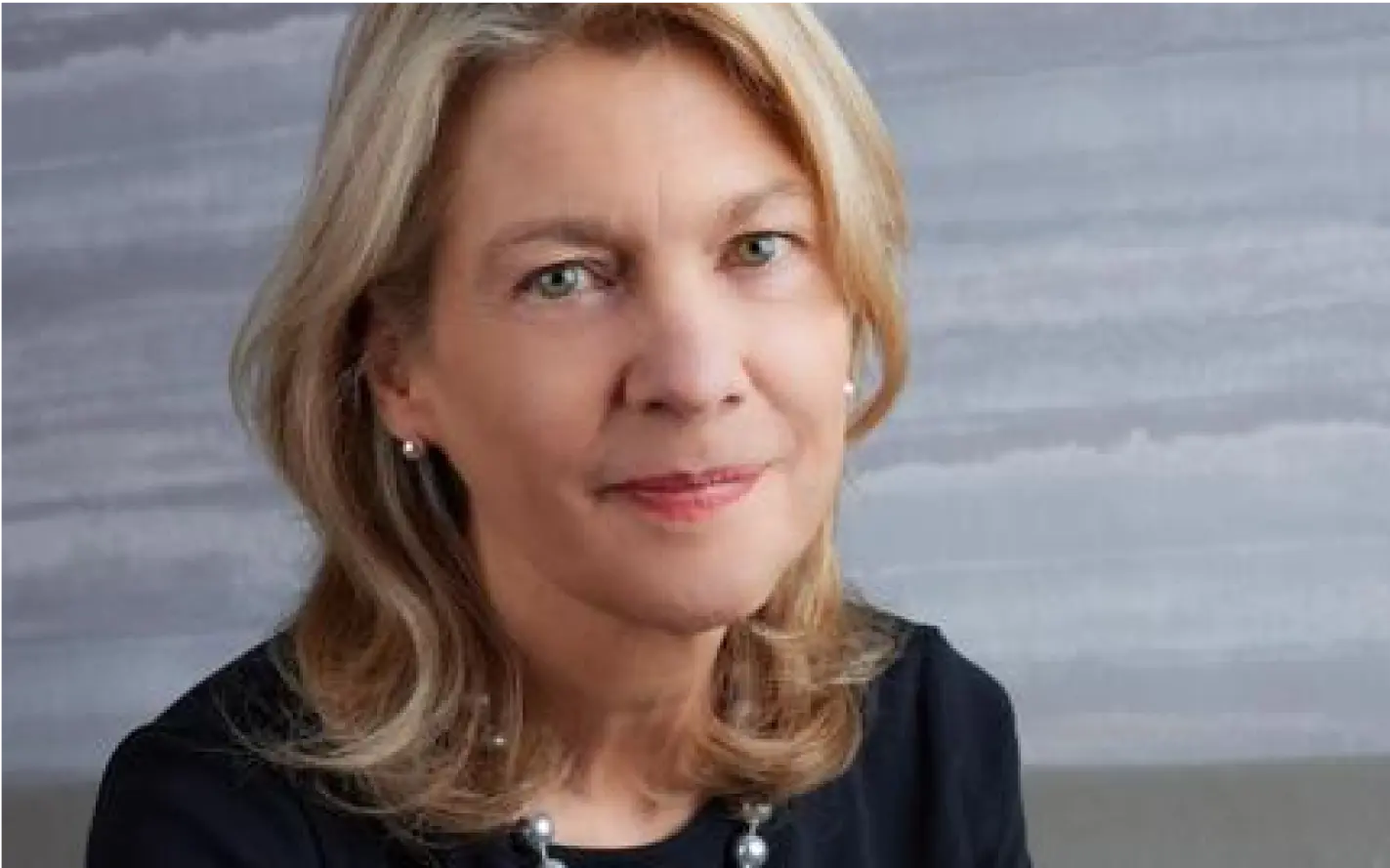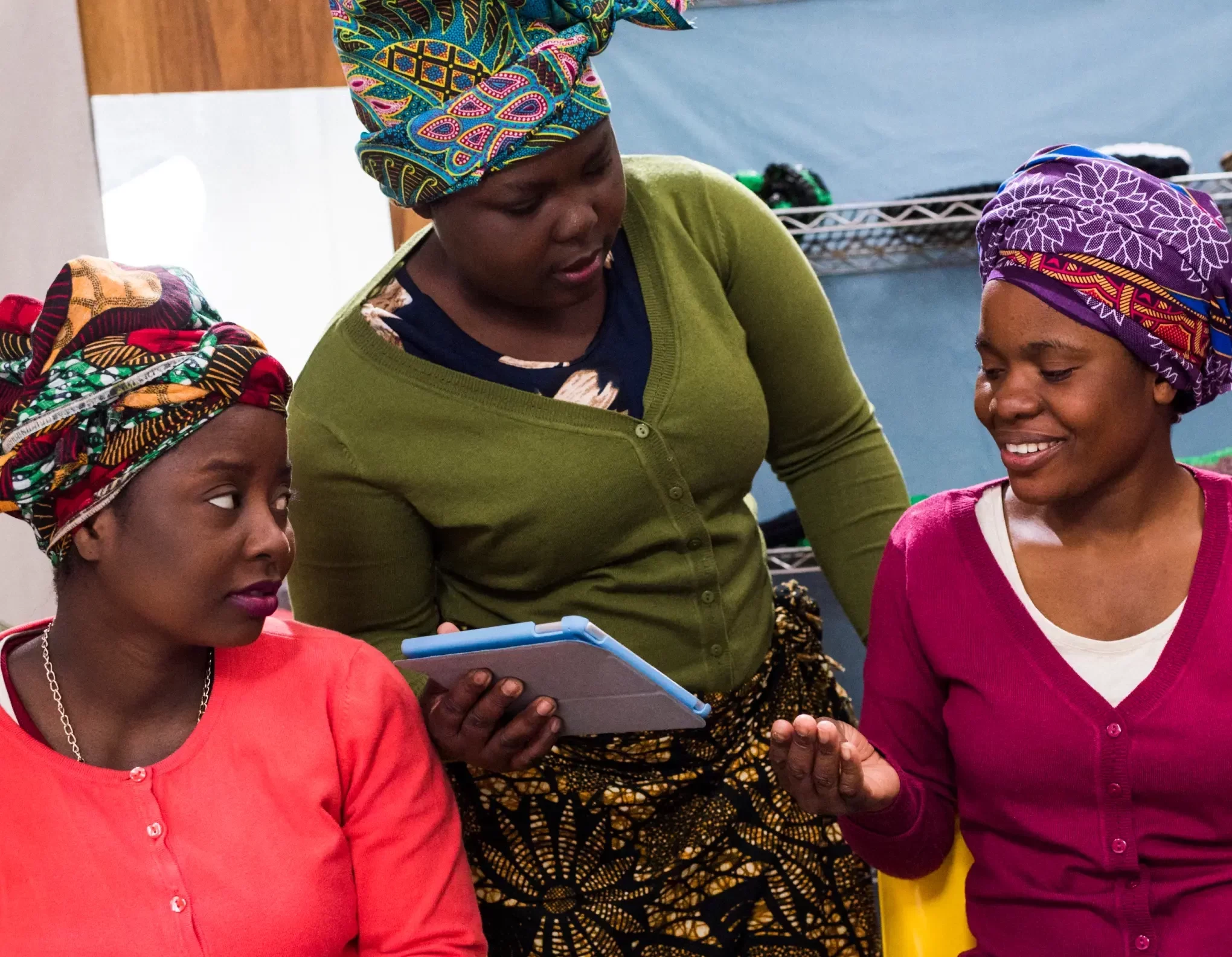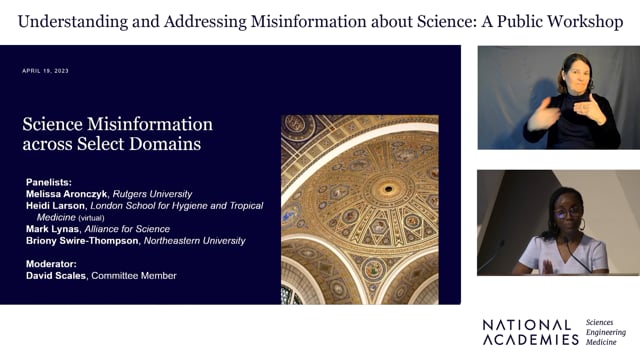We use active listening and dialogue to drive understanding of what it takes to build resilient societies and prepare for crises.
Our latest analysis with GSK, presents a critical analysis on vaccine confidence and trust dynamics in a post-COVID world. The findings reveal a troubling rise in skepticism surrounding healthcare, compounded by misinformation and the complexity of today's information ecosystem. With insights from 70 countries, the report sheds light on shifting public perceptions and offers actionable recommendations for policymakers, emphasizing the role of trusted voices, including healthcare experts and local influencers, in rebuilding public trust. Download the new report here.
On Saturday, 21st September 2024, we officially launched Loneliness, Trust and Hope: The Lives of Young People Emerging from the COVID-19 Pandemic. This first report from our 70-country, 70,000-respondent survey offers a comprehensive look at young people's experiences during COVID-19, their future outlook, and their preparedness for future emergencies. It is now available digitally and for download here.
Watch the livestream recording from the NYU Langone Health of our UN Summit of the Future Special Event to launch “Loneliness, Trust and Hope: The Lives of Young People Emerging from the COVID-19 Pandemic.”


The Societal Preparedness Index maps and measures key elements of preparedness— including willingness to cooperation, capacity to organize, and ability to cope – to be able to respond to future crises, whether disease outbreaks or pandemics, natural disasters or conflicts.

As part of our ongoing work to deepen our understanding of the core drivers of societal preparedness, we are conducting further research into different core domains such as trust in technology, mental health and gender social norms.

Browse our library of news, commentary, videos and events.
See All Media and CommentarySee All Videos and Events
July 2023 The workshop featured a series of presentations – including from Global Listening Project Co-Founder Prof. Heidi J Larson – on the nature, mechanisms, and differential impacts of misinformation about science.
The Global Trust Crisis with 70,000 People from 70 Countries
A Shot in the Arm Podcast (shotarmpodcast) February 14, 2024 9:37 am